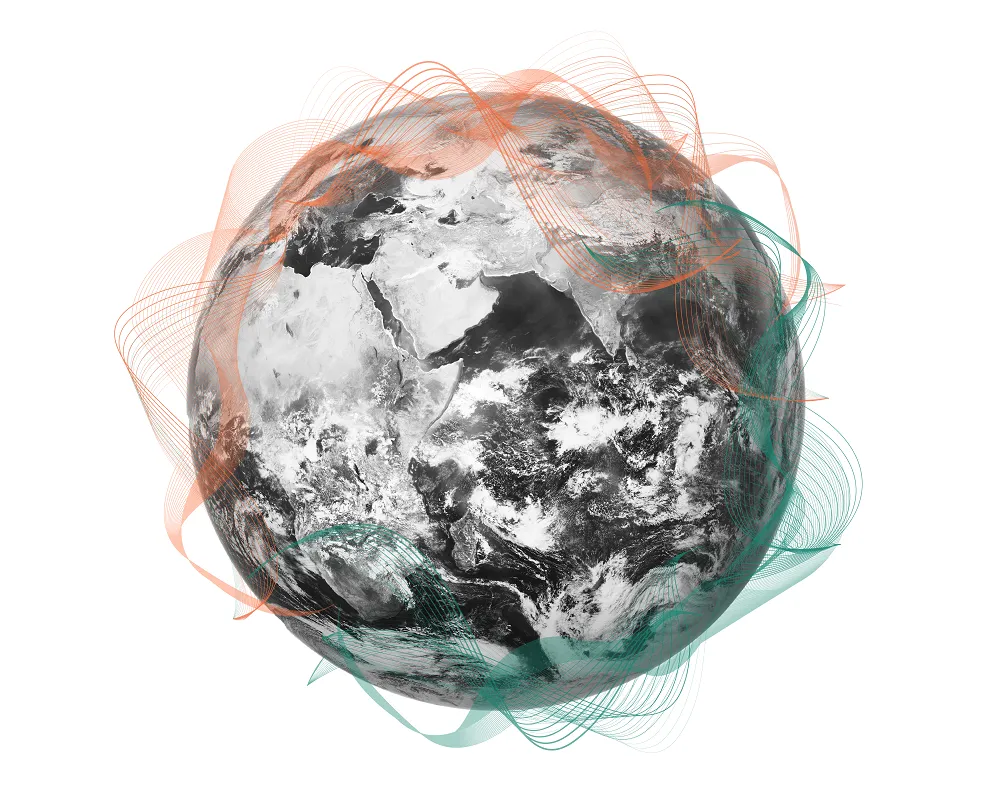RightShip has today announced that it will support the Global Maritime Forum’s Sea Cargo Charter initiative and provide annual verification reporting to the Charter's signatories.
The Sea Cargo Charter provides a global framework for reporting on, and reducing, the climate-related impact of ship chartering and associated supply chain activities. RightShip supports the Sea Cargo Charter and its work to develop an industry-wide framework to track performance against trajectories, which is backed by several influential signatories.
In its work to drive accountability and action in emissions reduction, the Sea Cargo Charter requires signatories to report on their emission intensity performance annually. It supports the International Maritime Organisation (IMO) targets, including reducing the sector’s total annual GHG emissions by at least 50 per cent by 2050.
Signatories are required to calculate the climate alignment of their chartering activities relative to established decarbonisation trajectories. A decarbonisation trajectory indicates how many grams of CO2 can be emitted to move one tonne of goods one nautical mile over time.
The Sea Cargo Charter offers a ‘preferred’ and an ‘allowed’ pathway to verification of annual calculations. The preferred method is for a third party, such as RightShip, to complete the validation. The allowed method is for the signatory to complete their own calculation.
RightShip has been working in the Carbon Accounting space for more than five years with customers including BHP, Anglo American and Incitec Pivot, who’ve already selected RightShip to account for their shipping emissions.
By selecting RightShip as your annual emissions verifier, a charterers' data will also be checked for veracity against RightShip’s Carbon Accounting methodology, which aligns to the European standard for scope 3 emissions, adding a further layer of rigour to the results.
Once appointed by a signatory, RightShip performs voyage, category and annual carbon intensity and climate alignment calculations on their behalf. We provide a complete reporting package including verification statement and results outcomes to enable the charterer to successfully meet their SCC obligations.
In addition, when charterers group the Sea Cargo Charter validation with our Carbon Accounting product, customers will have access to not just emissions trajectory outcomes, but solutions and insights that help to develop a road map for enhanced performance over time. This provides more than just reporting outcome, but a path to meaningful improvement in future.
Steen Lund, RightShip CEO said: “We look forward to working with signatories of the Sea Cargo Charter to provide reliable verification support as part of the program’s annual emissions reporting. We invited interested signatories, as well as those who’d like to know more about calculating carbon emissions to contact our sustainability team.”
RightShip’s Global Sustainability Manager, Kris Fumberger said: “RightShip is well-placed to use its Carbon Accounting expertise to ensure we make the signatories’ transition to Sea Cargo Charter as seamless as possible. Emissions calculations are complex and time-consuming, but RightShip removes the barrier to accurate reporting. The aim is to achieve an overall negative trajectory alignment, meaning your business is reducing emissions over time and contributing to the industry’s decarbonisation objectives.”
